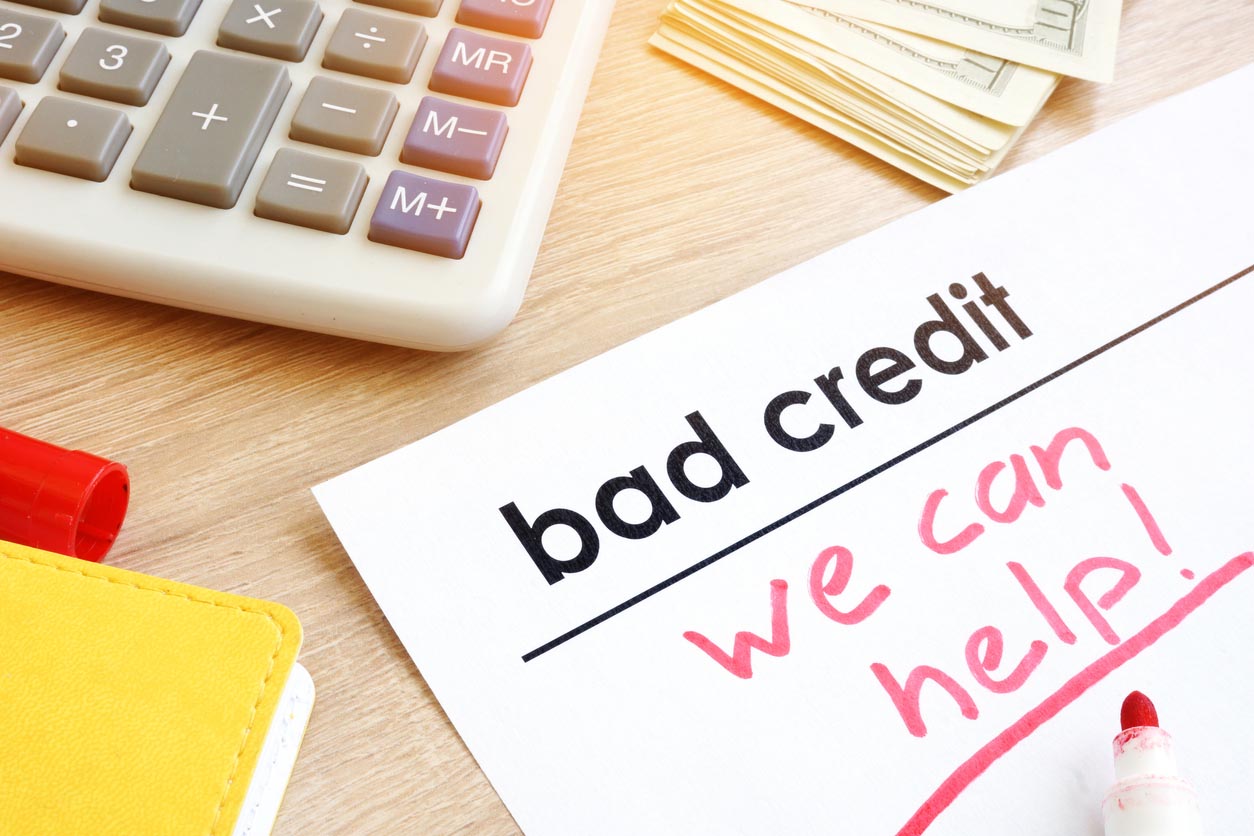Introduction
In the realm of homeownership, one significant hurdle that many individuals face is securing a house loan, especially when their credit history is less than perfect. This article delves into the possibility of obtaining a house loan with bad credit, exploring various avenues, challenges, and strategies to enhance your chances.
Understanding Bad Credit
What Constitutes Bad Credit?
Bad credit typically refers to a low credit score, usually below 600, resulting from missed payments, defaults, high credit card balances, or other financial missteps.
Factors Affecting Credit Score
Several factors contribute to your credit score, including payment history, credit utilization ratio, length of credit history, types of credit accounts, and recent credit inquiries.
Challenges of Getting a House Loan with Bad Credit
Securing a house loan with bad credit presents several challenges, primarily:
Higher Interest Rates
Borrowers with bad credit often face bighomeimprovement.com/, leading to increased long-term borrowing costs.
Limited Loan Options
Traditional lenders may be hesitant to extend loans to individuals with poor credit, limiting the available loan options.
Steps to Improve Your Chances
To improve your chances of getting a house loan with bad credit, consider the following steps:
Check and Understand Your Credit Report
Start by obtaining a copy of your credit report and reviewing it for any errors or discrepancies.
Work on Improving Your Credit Score
Take proactive measures to improve your credit score, such as paying bills on time, reducing credit card balances, and disputing any inaccuracies on your credit report.
Exploring Loan Options
Despite having bad credit, several loan options are available, including:
Government-Backed Loans
Government-backed loans, such as FHA loans, VA loans, and USDA loans, often have more lenient credit requirements, making them accessible to borrowers with lower credit scores.
Private Lenders and Subprime Loans
Some private lenders specialize in offering loans to borrowers with bad credit, albeit at higher interest rates and less favorable terms.
Seeking Assistance from Credit Unions
Credit unions may offer more flexibility and personalized assistance to members with imperfect credit histories.
Building a Stronger Financial Profile
To strengthen your financial profile and improve your loan eligibility:
Saving for a Larger Down Payment
A larger down payment can offset the perceived risk of lending to individuals with bad credit, making you a more attractive borrower.
Reducing Debt-to-Income Ratio
Lowering your debt-to-income ratio by paying off existing debts can improve your overall financial health and increase your chances of loan approval.
Seeking Professional Advice
Consulting mortgage brokers or financial advisors can provide valuable insights and guidance tailored to your specific financial situation.
Alternative Options
If traditional house loans seem out of reach, consider alternative options such as:
Rent-to-Own Agreements
Rent-to-own agreements allow you to gradually transition from renting to homeownership while building equity over time.
Lease Options
Lease options offer flexibility and the opportunity to purchase the property at a later date, giving you time to improve your credit score.
Conclusion
While obtaining a house loan with bad credit may pose challenges, it’s not entirely impossible. By understanding your credit situation, exploring alternative loan options, and taking proactive steps to improve your financial standing, you can increase your chances of homeownership despite having less-than-perfect credit.

